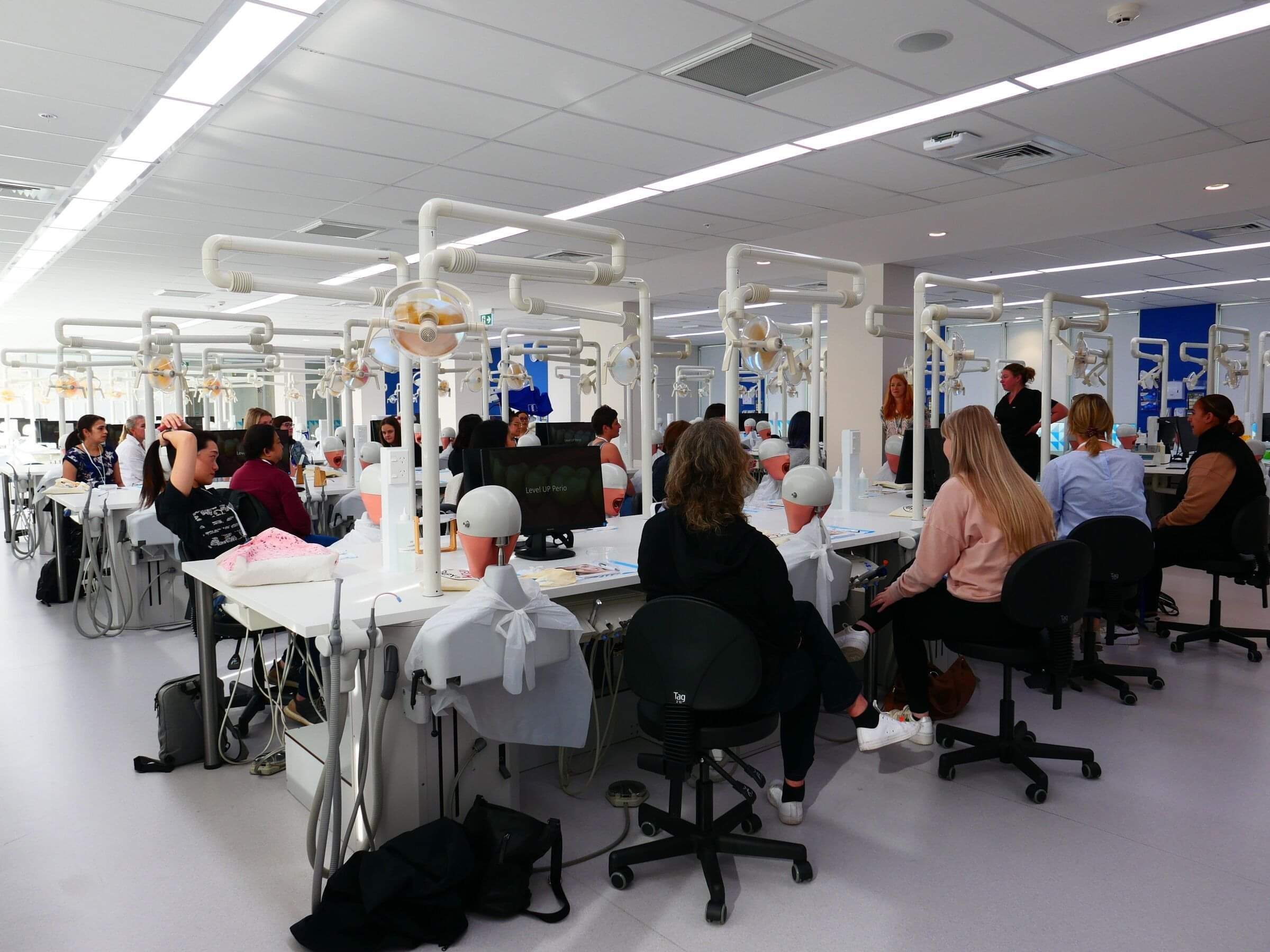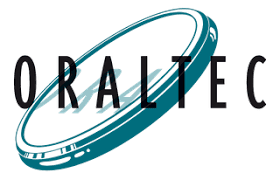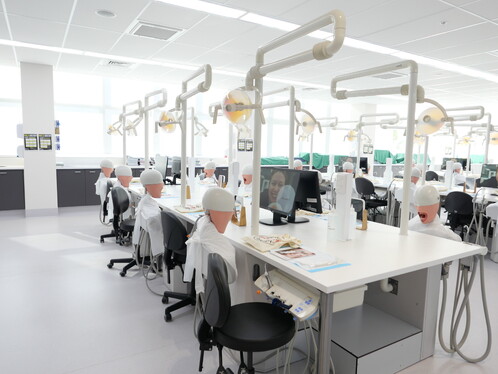Ōtepoti / Dunedin Clinical Skills Workshops

The clinical workshop event in Ōtepoti Dunedin on the 11th and 12th of November was a great success. Participants engaged with lecturers in small groups in both sim clinics and patient clinics allowing direct hands on upskilling and clinical education and discussions.
Thank you to everyone who participated, we trust that you gained some excellent clinical knowledge from attending. It was a pleasure for the NZOHA exec to bring you these workshops at Te Kaupeka Pūniho - The Faculty of Dentistry at the University of Otago and we endeavour to host a similar event in the future.
Workshops Held
Kindly Sponsored by:
Clinical Skills - Perio Workshop
Periodontal disease is a leading world wide chronic disease that affects patients across all walks of life. In this course we will discuss appropriate diagnosis , systemic health links, hands on ergonomics, hand instrumentation and ultrasonics along with preventative methods to avoid periodontal disease and motivating patients during therapy.
This is a unique opportunity to be exposed and learn from two leading dental hygienists in this field with over 40 years combined experience and both working in variety of clinical settings and University.
- This course is aimed at improving clinical skills to enable periodontal treatment for Dental hygienists and Oral Health Therapists.
- Non-surgical Periodontal Treatment
- Planning Debridement and instruments
- Long term maintenance and the role Systemic Links to Periodontitis
- The Role of preventative health
- The role of biofilm
- Periodontal splinting - when and how
Learning Objectives
To better understand clinical treatment options
To effectively treat Periodontitis on a daily basis
To solve treatment planning dilemmas
Periodontal Splinting
Ultrasonic techniques
Hand scaling techniques
Kindly Sponsored by:

Clinical Skills - Sharpening and Ergonomics
Ergonomics and Instrument Sharpening This is intended for participants to gain knowledge about Carpal Tunnel Syndrome and learn which symptoms to look for and strategies to minimise risk.
Participants will understand the importance of ergonomics as it relates to hand instrumentation and revise and refine their instrument sharpening techniques in a relaxed interactive workshop. Whether you love or hate sharpening, all practitioners appreciate that super sharp instruments are the key to the success for managing patients non-surgically. This presentation and hands-on course will emphasize on maintaining the integrity of instruments to increase the longevity of their clinical use, demonstrate several different sharpening techniques as well as introducing new devices and instrument technology that will again not only motivate you to work more effectively but more efficiently in clinical practice.
Objectives
- Understand Carpal Tunnel Syndrome – causes, symptoms and risk minimisation
- Recognise and be able to sharpen instruments at the first sign of dullness.
- Successfully sharpen scaling instruments while maintaining the integrity of the instrument design.
- Compare and contrast 3 different sharpening techniques commonly used to sharpen hand instruments and introduce new instrument technology.
- Revise instrument care, infection control and PPE needed for instrument sharpening.
Participants are welcome to bring along their own instruments for the practical exercise (instruments must be packaged/sterilised and dated as per the DCNZ infection prevention and control practice standard). Instruments will also be available for the workshop.
Clinical Skills - LA Tips & Techniques
Lectures/ Discussions & hands-on training/practice
- Revision of basic anatomy with local anaesthesia techniques
- Revision of clinical pharmacology of contemporary local anaesthetics used in dental practice
- Review of local anaesthetic delivery techniques, possible complications, prevention and management
- Hands-on in clinic training of local anaesthetic delivery techniques (please note: this will be done in the patient clinic on each other under supervision)
*** Please note: The hands-on in clinical training part of this workshop is only available for practitioners who hold a current annual practicing certificate with the DCNZ and do not have local anaesthetic as an exclusion on their scope of practice. ***
Clinical Skills - Caries Detection
- Understanding the International Caries Detection and Assessment System (ICDAS)
- Coding
- Using ICDAS in practice
- Documentation
- Recognising other clinical observations
- Practical session with extracted teeth
Clinical Skills - Composite Placement
Fissure Sealants and Cotton Roll Isolation Workshop
- Indications and contra-indications for fissure sealants
- Resin sealants vs GIC fissure protections – an update on materials
- Cotton roll isolation with and without an assistant
- Fissure Sealant technique
- Fissure Protection technique
- Practical session on simulation models















